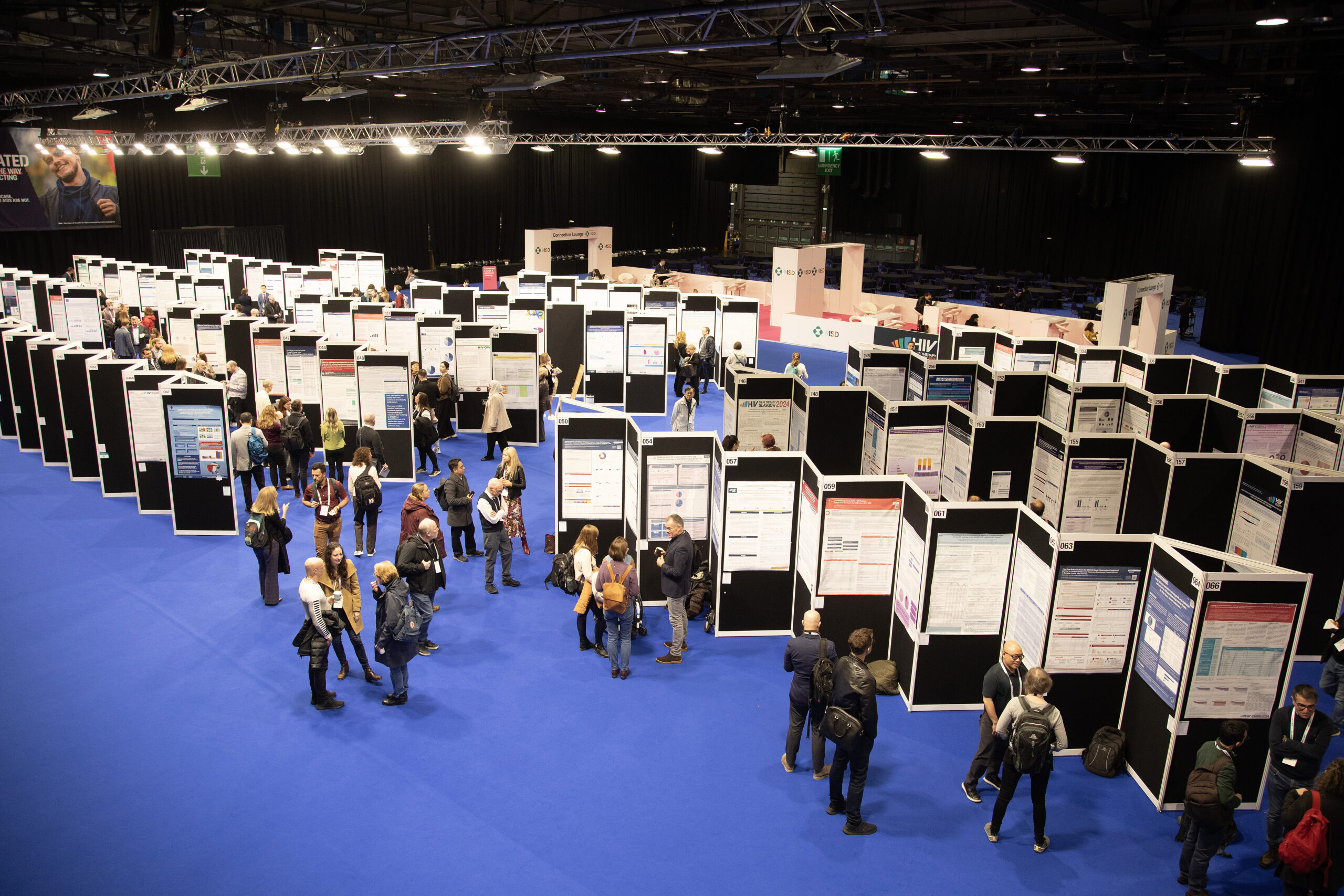One in nine gay and bisexual men using PrEP in Europe gets it through informal channels
Gus Cairns, reporting from HIV Glasgow, 15 November 2024
A large European survey of gay and bisexual men using PrEP has found that while 89% are accessing it through their country’s official healthcare system, 11% are still getting it using informal means such as online purchase, from friends or from drug dealers.
Men acquiring PrEP informally were, on average, considerably younger than other PrEP users, much more likely to be unemployed or a student, more likely to be having financial difficulties, and somewhat more likely to be a migrant or the son of migrants. They were also, unexpectedly, more likely to live in a country where PrEP is fully reimbursed or free of charge, and less likely to live where people have to pay out of pocket. Conversely, people living in countries where PrEP was not reimbursed, or partly reimbursed, were respectively 31% and 59% less likely to access PrEP from non-governmental sources.
Dr Haoyi Wang, himself a migrant to the Netherlands who had had difficulty getting PrEP, said that the reason for these seemingly paradoxical findings might be that in countries with fully reimbursed PrEP, people new to the country or new to PrEP might have less knowledge or confidence about navigating government healthcare pathways. He stressed that for this rather distinct group of people, some of whom might be at high risk of HIV, informal PrEP supply was a still an important resource. However, people who accessed informal PrEP were somewhat more likely to have suboptimal adherence and considerably more likely to discontinue PrEP altogether. They were also more likely to express interest in the long-acting, injectable PrEP drugs that are becoming available.
The PROTECT study was an online survey about PrEP, promoted on dating and social media sites in 20 European countries. A total of 20,548 people responded, 69% of whom came from the six largest western European countries, but there were also significant numbers of replies from central European countries including Poland and Czechia. Ninety six percent of participants were HIV negative and 75% were gay or bisexual men.
The data presented at HIV Drug Therapy Glasgow last week was on the 7505 gay and bisexual respondents who had had prior experience of taking PrEP. Their average age was 45. A statistical technique called Latent Class Analysis was used to place the respondents into three groups based on age, employment, education, financial security and migrant status.
The largest group was described as the ‘employed/advantaged’ group. They were almost all employed (96% had a job), middle aged (71% between 30 and 50, and only 9% under 30), well educated (78% to degree level or above) and only 11% had any financial difficulties. About a third were migrants or the child of migrants.
The second group was quite different. Described as the ‘younger/less advantaged’ group, only 18% were employed, while 38% were students and 28% were unemployed or on sickness benefit. They were much younger on average, with 57% under 30 and 38% aged 18-24 (people under 18 were not eligible to take part in the survey). More than half (54%) said they were financially struggling. Close to half of them (48%) said were migrants or the child of migrants.
The third group was referred to as ‘older/advantaged’. They were indeed older: 86% were over 60 and 23% over 70. Nearly half were retired, compared with hardly any in the other groups. They had similar educational and financial status to the employed/advantaged group, but were less likely to be migrants or the child of migrants (23%).
The second, younger group were 27% more likely than other respondents to be obtaining their PrEP from non-governmental sources. They were 34% more likely to report suboptimal adherence, and 90% more likely to report PrEP discontinuation.
In contrast the third, older group were 40% less likely to report suboptimal adherence. They were also the group least interested in long-acting PrEP.
Taking the respondents as a whole, regardless of which demographic group they fell into, people who accessed PrEP via non-governmental pathways were 28% more likely to report suboptimal adherence and more than three times more likely to report PrEP discontinuation: 31% of those using informal PrEP reported discontinuation, compared to 11% of those using health-system PrEP. The survey did not ask how often PrEP users had HIV, STI or kidney testing. Those using informal PrEP were also 28% more likely to be interested in long-acting injectable PrEP.
Returning to his own story, Dr Wang said that when he requested PrEP, he was first told that there was a two-year waiting period to get it in the Netherlands. He tried to get it from his GP but she said she did not have the competence to provide it. He bought PrEP from an online clinic who told him his health insurance would pay for it, but they refused to, leaving him with a bill for €720. He eventually managed to get PrEP free of charge from a PrEP-friendly GP but they are a two-hour train journey from where he lives. “I have a privileged background and network,” he said. “Studies show that gay and bisexual men with less advantaged socioeconomic positions are less likely to access oral PrEP, and for them, non-governmental pathways to access are still very important.”
Reference
Wang H et al. Differences in oral PrEP use patterns and intention to use long-acting regimens among MSM between governmental and non-governmental PrEP provision pathways in 20 European countries: A latent class analysis. HIV Glasgow 2024, abstract O47.
Congress delegates can view the presentation here.
All abstracts from the congress are available here (open access).
Reporting from HIV Glasgow 2024 by Keith Alcorn, Gus Cairns and Roger Pebody has been financially supported by the Congress. The writers are editorially independent of the Congress and the presenting speakers.
Photo credit: Alan Donaldson Photography

